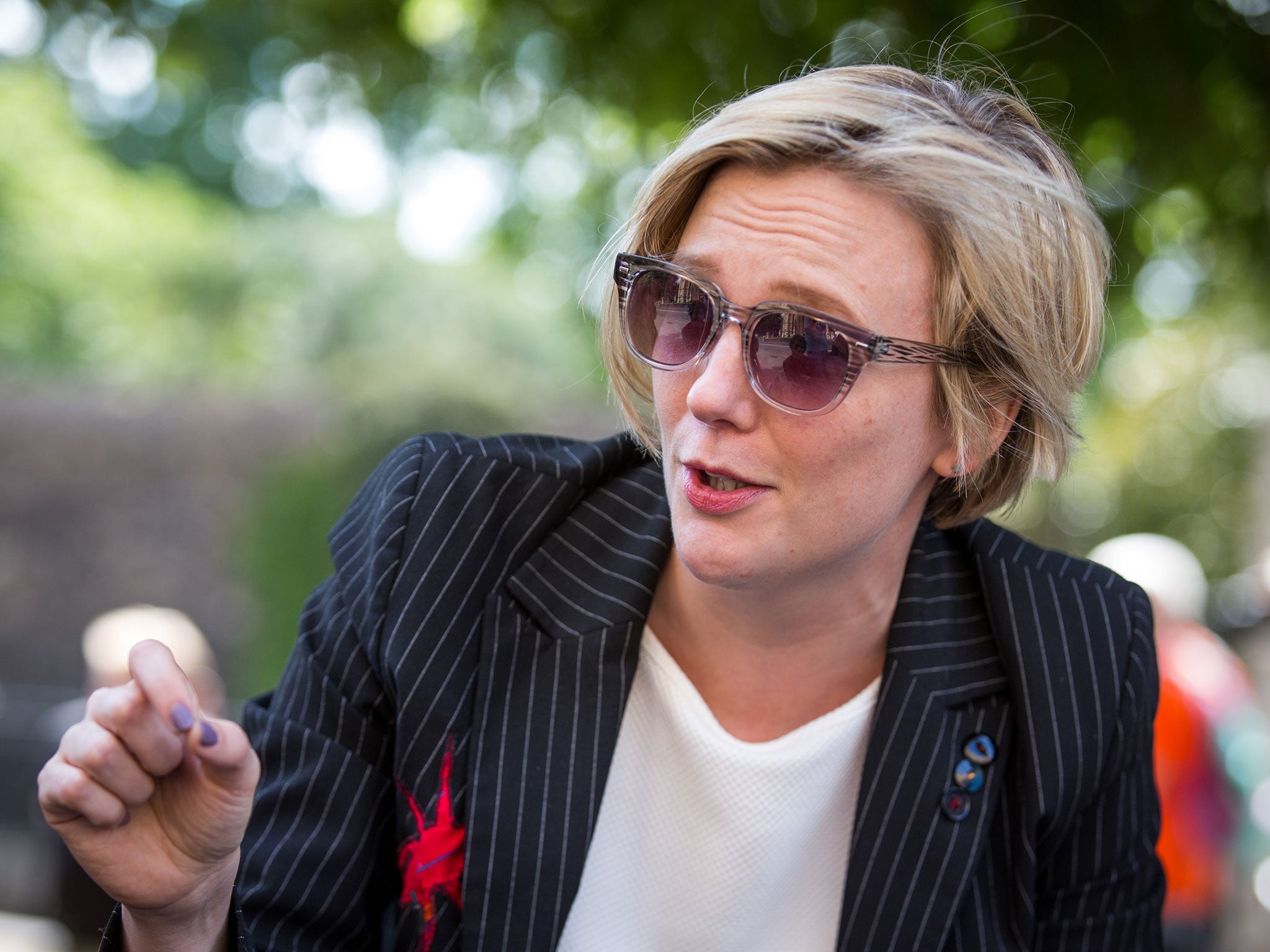Bullying should never be tolerated in politics, but we must protect the right to loudly disagree
Whatever you think about the decision to launch air strikes over Syria, deselection of your MP is a legitimate democratic, non-violent process

Your support helps us to tell the story
From reproductive rights to climate change to Big Tech, The Independent is on the ground when the story is developing. Whether it's investigating the financials of Elon Musk's pro-Trump PAC or producing our latest documentary, 'The A Word', which shines a light on the American women fighting for reproductive rights, we know how important it is to parse out the facts from the messaging.
At such a critical moment in US history, we need reporters on the ground. Your donation allows us to keep sending journalists to speak to both sides of the story.
The Independent is trusted by Americans across the entire political spectrum. And unlike many other quality news outlets, we choose not to lock Americans out of our reporting and analysis with paywalls. We believe quality journalism should be available to everyone, paid for by those who can afford it.
Your support makes all the difference.Abuse and bullying should never be tolerated. That applies whether it’s done face-to-face, or behind the mask of anonymity as a Twitter troll. And be in no doubt, the rise of social media has given a new platform for awful people to churn out vile attacks.
A stark reminder of the problem came when Labour MP Stella Creasy had to leave the Commons chamber on Tuesday to make sure her staff were ok, after her office received abusive phone calls. Another alarming case saw a man jailed in September, after bombarding Richard Burden with so much anti-Semitic abuse he was forced to hire extra security. There can be no justification for cases like this.
But we do need to tread carefully when using labels such as “bullying” and "abuse”. We cannot allow politicians to lump legitimate democratic action into the same category as these terrifying examples.
Though Labour deputy leader Tom Watson was of course right to say the party should "deal with" activists who have bullied and abused people, some of the examples cited by MPs and the media are simply calls for non-violent democratic change. We need to have a debate about where to draw the line.
On Wednesday, Labour MP John Mann said the comments he had attracted from activists included “threats of deselection”. Let’s be clear: simply telling an MP that you will no longer support them if they vote a particular way is not abuse or bullying – it’s democracy. The media perpetuated Mann's message: articles covering the debate juxtaposed examples of horrendous threats and abuse alongside other messages which merely called for democratic deselection.
This is not an attempt to trivialise the genuine abuse many MPs face. It is, in fact, the exact opposite. Labelling calls for democratic action as “abuse” undermines the horror of genuine attacks.
Whatever you think about the decision to launch air strikes over Syria, deselection of your MP is a legitimate, democratic, non-violent process. Personally, I don't think it's a particularly helpful tactic right now. But, nevertheless, it is every voter’s right to tell their MP: “If you vote for war, I will do everything I can to remove you from power in a peaceful and democratic way.” After all, MPs are elected to represent their constituents. Yet remarkably, Alex Runswick, the director of Unlock Democracy claimed, when commenting in her private capacity: “We need public deliberation about big national issues; calling for de-selection mid process is bullying.”
We also need to make a distinction between "offensive" and "abusive". There’s an often woolly but incredibly important difference between rude, noisy political disagreement and abuse. In this country, we have the right to offend (and we should protect that right); but we do not have the right to abuse.
Was calling Margaret Thatcher a “milk snatcher” abusive or just offensive? What about the time Tom Watson called Michael Gove “a miserable pipsqueak of a man”? Or when Stop The War coalition called Tony Blair a “demented warmonger”? How about David Cameron calling anti-war MPs “terrorist sympathisers”? None of these people have been widely described as abusive, or labelled as bullies. Yet activists who this week called MPs "warmongers" have been branded as abusive bullies.
If use of the word “warmonger” really is abuse, then most peace rallies should be shut down for crimes of systematic, endemic abuse.
The government says we’re bombing Syria to protect our freedoms. Free speech is one of those freedoms. Of course we need to do more to tackle online bullying, but let's be careful not to curb democratic rights in the process.
Join our commenting forum
Join thought-provoking conversations, follow other Independent readers and see their replies
Comments